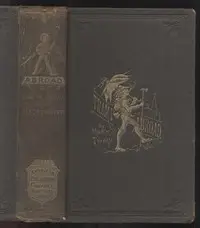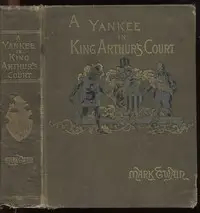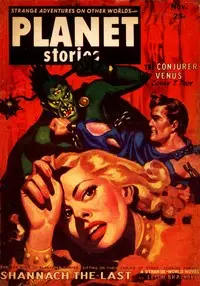"Life on the Mississippi, Part 4" by Mark Twain is a historical account written during the late 19th century. This work delves into the life of steamboat pilots on the Mississippi River, outlining the thrilling and often dangerous world of steam navigation during this period. The narrative captures not only the technicalities of navigation but also the social dynamics and eccentricities of those who worked on the river. In this section, Twain recounts the exhilarating and competitive nature of steamboat racing and the rigors faced by pilots. He presents vivid scenes filled with bustling activity as boats depart New Orleans, emphasizing the excitement that surrounds steamboat races, where crews and spectators alike are swept into the fervor. The tales include various races, the means by which pilots ensured their boats would perform optimally, and the calculations involved in balancing weight to maximize speed. Twain also shares stories of notorious pilots and incidents that illuminate the character of river life, including humor and misfortune associated with this unique profession. Overall, the narrative serves as a window into an iconic era of American river commerce and the colorful figures who thrived within it. (This is an automatically generated summary.)

Life on the Mississippi, Part 4.
By Mark Twain
"Life on the Mississippi, Part 4" by Mark Twain is a historical account written during the late 19th century. This work delves into the life of steamb...
Samuel Langhorne Clemens, known by the pen name Mark Twain, was an American writer, humorist, and essayist. He was praised as the "greatest humorist the United States has produced," with William Faulkner calling him "the father of American literature." Twain's novels include The Adventures of Tom Sawyer (1876) and its sequel, Adventures of Huckleberry Finn (1884), with the latter often called the "Great American Novel." He also wrote A Connecticut Yankee in King Arthur's Court (1889) and Pudd'nhead Wilson (1894) and cowrote The Gilded Age: A Tale of Today (1873) with Charles Dudley Warner.


















